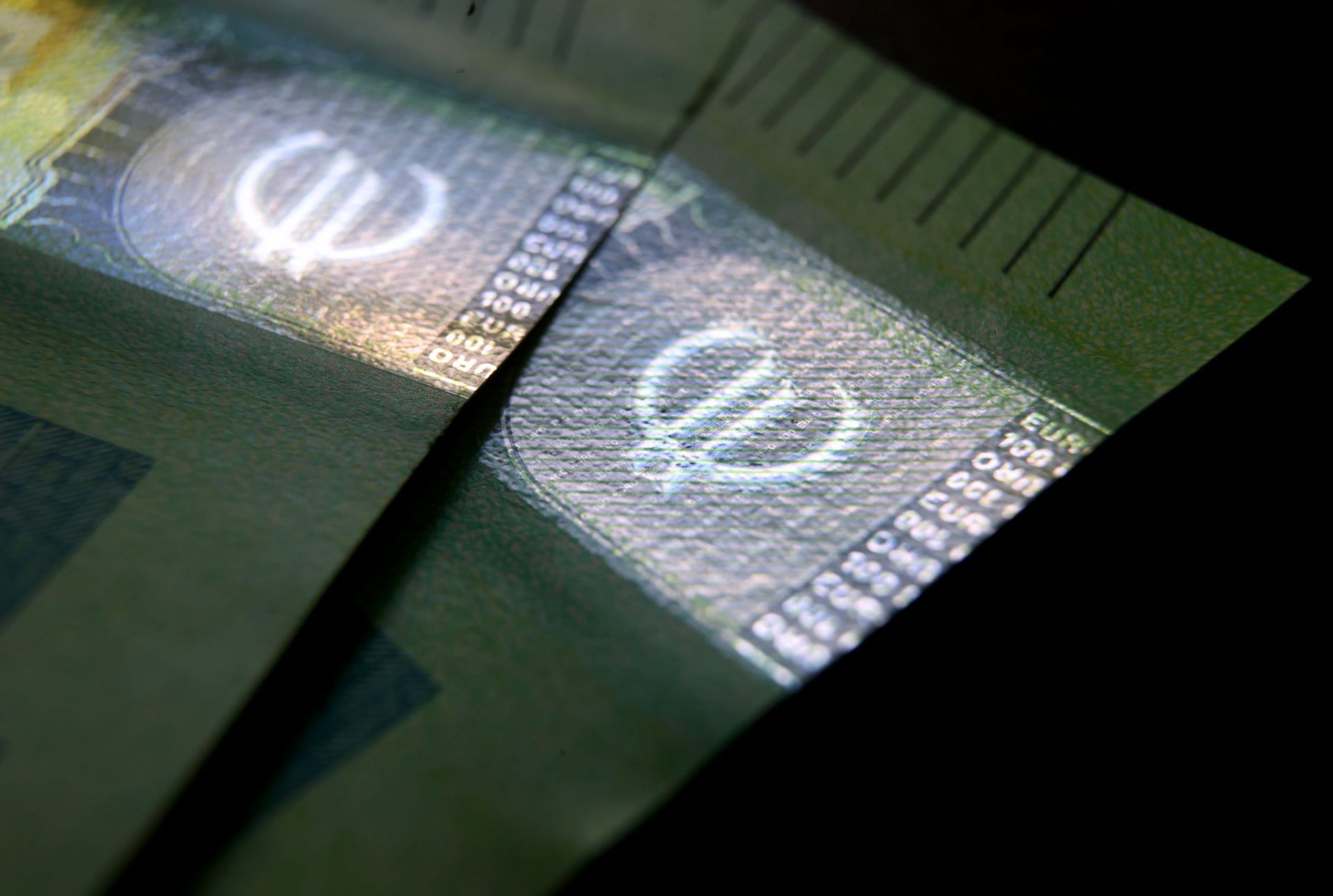Brussels – Germany also paid significantly more into the EU budget last year than it received back from it. This is shown by an analysis by the Institute of the German Economy (IW) based on previously published data from the EU Commission. According to this, Germany paid around 17.4 billion euros more into the European Union’s common budget in 2023 than it received, making it the largest net contributor to the EU (2022: 19.7 billion euros). France is in second place: Paris contributed nearly 9 billion euros more last year than it received in return. Italy is in third place with a net contribution of around 4.5 billion euros.
As in the previous year, Poland was the largest net recipient in 2023 with 8.2 billion euros. Behind it are Romania (6.0 billion euros) and Hungary (4.6 billion euros). According to the analysis, Ireland is at the top in terms of net payments per capita, with 236 euros per capita. In Germany, payments amounted to 206 euros per capita. However, in relation to the gross national income (GNI), Germany remains the largest net contributor, according to the authors. GNI refers to the economic output generated by all nationals.
Germany benefits the most from the EU single market
According to the information, the European Union’s budget totaled 173.1 billion euros in 2023. Of this, 143.4 billion euros flowed to the member states. Added to this were funds from the Corona reconstruction fund of the European community amounting to 66.1 billion euros, of which 64.6 billion euros went to the member states. As the largest net contributor to the EU, Germany contributes almost a quarter of the funds. The German government fundamentally emphasizes that Germany also benefits from the EU single market like no other European economy.
Experts cite the weak economic situation in this country as the reason for Germany’s decreased net contribution to the EU. “Since it is already apparent that no economic recovery is to be expected in Germany in the current year either (…), it can be assumed that Germany’s net contribution will decrease again in 2024,” the authors write. (August 12)
 go to the original language article
go to the original language article
